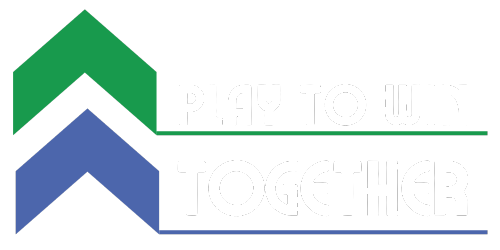From an early age, we’re trained to “overcome” objections—convince, persuade, and push through until we get the response we want (remember when your kids would say, “But mom"…that was the beginning!) But there’s a different approach, a better one that transforms the entire sales process: handling objections rather than overcoming them. It’s a a slight change, but it makes a world of difference.
Overcoming vs. Handling. What's the Difference?
Think of handling objections like playing a team sport—say, basketball. When a defender stands in front of you, the goal isn’t to plow through them to reach the hoop. Instead, you pivot, read their movements, and look for opportunities to move around them. You’re working with the flow of the game, adjusting your approach to achieve the goal.

When we try to overcome objections, it’s like going one-on-one in a wrestling match where we’re battling to win, often pushing harder, justifying, explaining, and asking closed-ended questions. This approach can leave prospects feeling beat up, boxed in, or pressured, as if they’re just another obstacle to push past. Much like a defender on the court, they may respond by digging in or putting up resistance.

In contrast, handling an objection is like pivoting on the court—being strategic, engaging with curiosity, and working with your “prospect” instead of against them. When we handle an objection, we listen and ask open-ended questions that allow both sides to explore the true impact of the decision. Instead of seeing objections as blocks, we see them as ways to open up new possibilities and build a stronger relationship.
The Impact of This Shift
This shift from overcoming to handling may seem subtle, but its effects are profound. You become a guide or a coach, helping them discover what's beneath the surface. This:
- Helps Prospects Find Clarity: When we approach objections by engaging rather than overpowering, prospects get to see the full picture. They realize the real value of what’s being offered and how it will positively impact them, reaching their own conclusions about the benefits of the product or service.
- Builds Trust: Handling objections shows prospects that we’re not just pushing for a “win”—we’re committed to understanding their needs and concerns. This builds trust and makes us a partner in the process, not just a player out to score.
- Increases Confidence: Handling objections with a teamwork mindset feels more empowering than battling against resistance. By asking questions and guiding the conversation, you help both sides feel more confident and less combative.

Simple, But Not Easy
Like in sports, a great pivot looks effortless but requires practice, patience, and precision. This shift from overcoming to handling is simple in concept, but putting it into practice takes skill and commitment. Instead of pushing through, we learn to adapt, engage, and make moves that allow the prospect to feel heard and understood.

Moving Forward
The next time you’re faced with an objection, try shifting your approach. Instead of pushing harder or defending your position, think of it as a pivot. Ask an open-ended question that allows you both to explore new angles together. Watch how this small change opens up the conversation and leads to a more positive, productive outcome.
This is simple, not easy. Experience this yourself - join our online Objection Handling Bootcamp, Tuesdays at 9-10:30 EST. Your first session is our gift to you. Register here.
Just like in sports, it’s not always about the power of the push—it’s about the finesse of the pivot.

